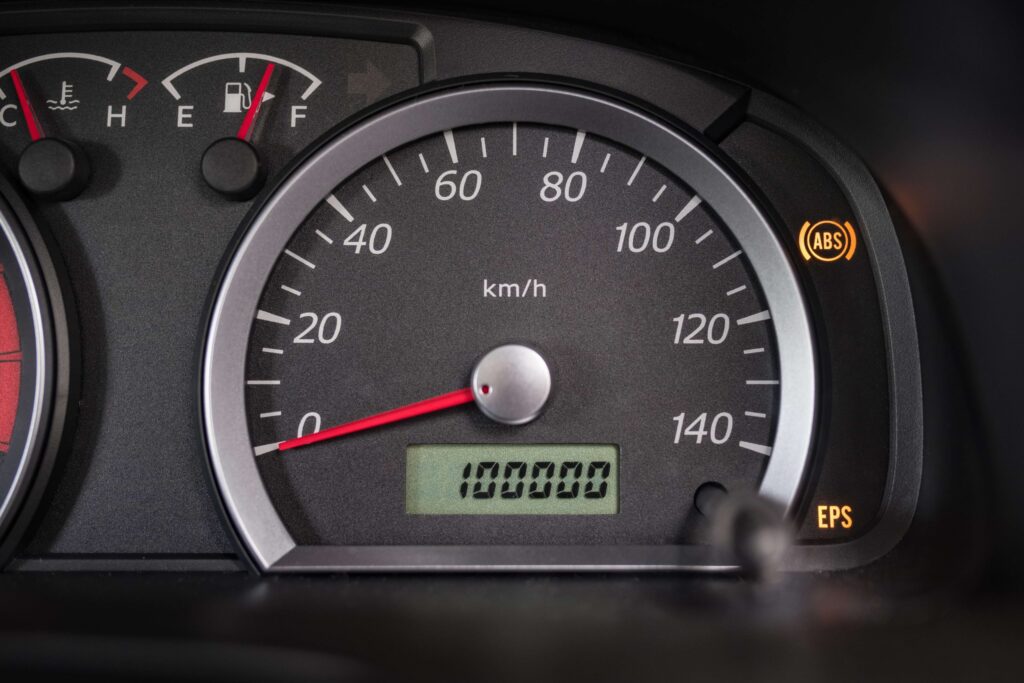It might seem like a daunting task to choose the right oil filter for your vehicle. given the vast array of options available in the market. However, understanding what oil filter you need doesn’t have to be complicated. With the right information and approach, you can make an informed decision that will help protect your engine and maintain its performance [How often to change your filter].
Understanding Oil Filter Basics
Before diving into how to choose the right filter, it’s important to understand that not all oil filters are created equal. While they may look similar on the outside, significant differences in construction, filtration capability, and quality can impact your engine’s performance and longevity. The right oil filter for your vehicle depends on several factors, including your car’s make and model, driving conditions, and the type of oil you use.
Finding the Correct Filter Size and Type
The most crucial aspect of choosing an oil filter is ensuring it fits your vehicle properly. Every engine is designed to work with specific filter dimensions and mounting configurations. Using the wrong size or type can lead to poor filtration, oil leaks, or even engine damage.
There are several reliable ways to identify the correct oil filter for your vehicle:
- Vehicle Owner’s Manual: Your first and most reliable source
- Parts Store Lookup Tools: Online or in-store databases
- VIN Number: Can be used to identify exact specifications
- Old Filter Information: Cross-reference the number on your current filter
- Professional Consultation: Mechanic or dealership guidance

Quality Considerations
When it comes to oil filter quality, there are typically three main categories to choose from:
- Economy Filters: Basic filtration at a lower price point
- Standard OEM-Grade Filters: Match original equipment specifications
- Premium Performance Filters: Enhanced filtration and durability
While economy filters might save you money initially, investing in higher-quality filters often provides better engine protection and can prove more cost-effective in the long run. Premium filters typically offer advantages such as better filtration media, stronger construction, and enhanced flow characteristics.
Important Features to Consider
Modern oil filters come with various features that can affect their performance and suitability for your vehicle. Key features to look for include:
- Filtration Efficiency: The filter’s ability to capture and hold contaminants
- Dirt-Holding Capacity: Amount of debris it can trap before requiring replacement
- Burst Strength: Ability to withstand pressure without failing
- Anti-Drainback Valve: Prevents dry starts by keeping oil in the filter
- Bypass Valve: Allows oil flow even if the filter becomes clogged
Matching Your Driving Conditions
Your driving habits and conditions should influence how you choose your oil filter. Consider these factors when selecting a filter:
- Climate and Environment: Extreme temperatures or dusty conditions
- Driving Patterns: City vs. highway, short trips vs. long journeys
- Engine Age: Older engines may produce more contaminants
- Oil Change Intervals: Longer intervals require more robust filters
- Vehicle Usage: Regular commuting vs. heavy-duty applications

Brand Selection and Warranty Considerations
While there are many brands available, sticking with well-known manufacturers often provides peace of mind and consistent quality. Leading filter manufacturers invest in research and testing to ensure their products meet or exceed vehicle specifications. Additionally, some premium filters come with warranties that can protect against engine damage caused by filter failure.
Consider these factors when evaluating brands:
- Reputation and Track Record
- Warranty Coverage
- Manufacturing Standards
- Quality Control Processes
- Customer Support
Cost vs. Value Analysis
While price shouldn’t be the only factor in your decision, it’s important to understand what you’re paying for. Premium filters typically cost more but offer benefits that can justify the extra expense:
- Enhanced filtration efficiency
- Longer service intervals
- Better construction quality
- Additional protection features
- Extended warranty coverage
Installation Considerations
Even the best oil filter won’t perform properly if it’s not installed correctly. Whether you’re doing it yourself or having it done professionally, proper installation is crucial. Always follow the manufacturer’s installation instructions, including torque specifications and replacement intervals.
When to Upgrade Your Filter
There are certain situations where upgrading to a higher-quality filter might be beneficial:
- Extended oil change intervals
- High-mileage engines
- Performance modifications
- Severe driving conditions
- Synthetic oil usage

Conclusion
It doesn’t have to be complicated to choose the right oil filter for your vehicle . Start with your vehicle’s specifications, consider your driving conditions and maintenance schedule, and select a quality filter that meets these requirements. Remember that while saving money on filters might seem attractive, the small difference in cost between economy and premium filters is insignificant compared to the potential cost of engine repairs.
Always consult your vehicle’s manual or a trusted professional if you’re unsure about which filter to choose. The right oil filter, combined with proper maintenance intervals, will help ensure your engine stays protected and running smoothly for years to come. Whether you need an economy filter for regular commuting or a premium filter for harsh conditions, making an informed choice based on your specific needs will help you maintain your engine’s health and performance.